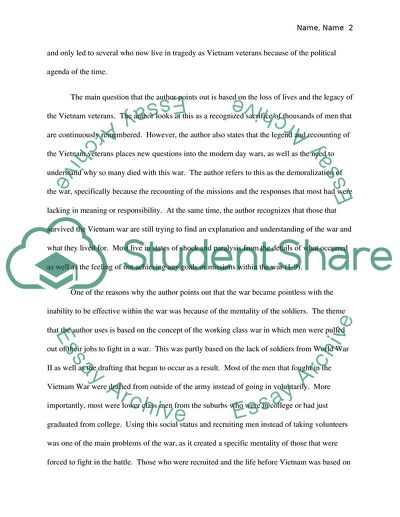Cite this document
(Depths of Tragedy in the Working Class War Book Report/Review, n.d.)
Depths of Tragedy in the Working Class War Book Report/Review. Retrieved from https://studentshare.org/literature/1736041-book-analysis
Depths of Tragedy in the Working Class War Book Report/Review. Retrieved from https://studentshare.org/literature/1736041-book-analysis
(Depths of Tragedy in the Working Class War Book Report/Review)
Depths of Tragedy in the Working Class War Book Report/Review. https://studentshare.org/literature/1736041-book-analysis.
Depths of Tragedy in the Working Class War Book Report/Review. https://studentshare.org/literature/1736041-book-analysis.
“Depths of Tragedy in the Working Class War Book Report/Review”, n.d. https://studentshare.org/literature/1736041-book-analysis.


